In 2025, Enterprise Resource Planning (ERP) is no longer a luxury. It is now necessary for any business that wants to stay competitive. As operations get more complicated and customers expect more, old tools and systems that don't work together don't work anymore.
A recent study found that more than 64% of mid-sized companies around the world plan to install or update their ERP systems by the end of 2025.
This article will talk about why ERP is necessary in today's world and also show which industries need it the most to survive and grow.
"You can explore the best options available for ERP systems in 2025 for better understanding."
Why ERP System Will Be Required in 2025
-
Because of the growing complexity of operations, compliance, and customer demands, ERP systems are now necessary.
-
Businesses are making more data than ever before. ERP systems help with its organization, management, and analysis.
-
There are more and more rules and requirements that must be followed. ERP makes sure that recordkeeping and reporting are accurate and done automatically.
-
Progress is impeded by organisations that function in isolation. ERP system for small businesses enables users to see what's going on in other departments and promotes real-time cooperation.
-
Companies must make judgements more quickly and intelligently. AI tools and real-time analytics are included in contemporary ERP systems.
The Most Important Industries That Can't Ignore ERP
Let us consider some of the most prominent industries where the use of an ERP system is now imperative for long-term survival, operational efficiency, and expandable growth, not necessarily for staying ahead of the pack. These sectors are being forced more and more to enhance operational effectiveness, maintain regulatory compliance, and offer real-time information. ERP is hence a key element of their digital transformation journey.
1. Making things
Manufacturing requires careful planning, accuracy, and efficiency because it involves many steps:
-
Real-time production monitoring makes sure that production stays in line with demand.
-
Quality control and process improvement cut down on mistakes and waste.
-
Compliance features help you follow rules about safety, work, and the environment.
-
After switching to cloud based ERP, a mid-sized auto parts company cut down on inventory mistakes by 35%.
2. Stores and online stores
Rapid shifts in consumer behaviour, demand, and the interplay of many channels are challenges faced by retail and eCommerce businesses.
-
Accuracy and speed are increased by centralised inventory and order management.
-
Data integration in ERP helps create personalized customer experiences.
-
It connects your logistics, POS, and CRM systems without any problems.
-
Forecasting tools help you deal with seasonal sales and sudden spikes in sales.
3. Health care
Healthcare organizations need strict data protection, compliance, and process control.
-
ERP keeps private patient information safe and private.
-
Keeps track of the current stock of medicines and tools.
-
Integrated processes make billing and insurance go more smoothly.
-
Helps healthcare organizations follow HIPAA, NABH, and other rules.
4. Building and Real Estate
Construction and other project-related industries require the ability to instantly manage teams and sites.
-
ERP continuously monitors project deliverables, finances, and schedules.
-
facilitates the management of buyer-contractor communications.
-
Makes sure that cost control is accurate throughout the project's life.
-
Automates paperwork for taxes, the law, and compliance.
5. School
Schools and colleges have trouble running their campuses and departments.
-
The ERP system for small businesses put all of the records for students, faculty, and staff in one place.
-
All of the information you need about fees, payroll, and performance is in one place.
-
Great for schools with more than one branch.
-
Has integrated platforms that work with both hybrid and digital learning models.
6. Supply Chain and Logistics
Logistics and supply chains must be able to see, coordinate, and be precise in real time.
-
ERP assists in tracking fleets, warehouses, and the delivery status.
-
Finds the best delivery routes to save time and gas.
-
Gives updates on inventory levels across locations in real time.
-
Makes it easier to manage suppliers and get better at predicting demand.
Advantages of ERP in These Fields
No matter what business you're in, using the right ERP system can make a big difference by improving efficiency, accuracy, and strategic growth.
This is how ERP systems help businesses in many different fields:
-
Process Automation: ERP software takes care of tasks that are boring and time-consuming, like entering data, sending invoices, keeping track of inventory, and paying employees. This not only cuts down on mistakes made by people, but it also gives workers more time to work on more important and valuable tasks.
-
Making decisions more quickly and intelligently: ERP systems give you real-time information about every part of your business because they have all of your data in one place and built-in analytics tools. Leaders can make quick, smart decisions based on information that is correct and up to date.
-
Integrated IT Systems: ERP combines different systems that don't talk to each other, like finance, HR, the supply chain, sales, and more, into one platform. This makes it easier to manage IT, cuts down on the number of software tools needed, and makes sure that data flows smoothly between departments.
-
Better Use of Resources: ERP systems help businesses use their resources more efficiently by giving them a better view of how things are going. From labor and materials to time and capital, better planning and forecasting lead to cost savings and improved productivity.
-
Reporting and Regulatory Compliance: ERP software helps businesses follow industry rules by automating reporting and keeping audit trails. This lowers the chances of having to pay fines, go to court, or have operations delayed.
-
Scalability for Growth: New cloud-based ERP systems can grow with your business. The system changes to meet your needs as you grow, whether you open more stores, add new product lines, or move into new markets.
Picking the Best ERP System for Your Field
It's not enough to just look at feature lists when picking the right ERP system. You also need to find one that meets the needs of your industry, your business processes, and your growth goals.
Here are some things to think about when choosing the best ERP for your business:
-
Industry-Specific Functionality: Choose ERP solutions that have modules that are specific to your industry, whether it's manufacturing, retail, healthcare, construction, education, or logistics. These special features can cut down on the need for customizations and speed up the implementation process.
-
Fit with Existing Infrastructure: Check to see how well the ERP works with your current systems. Whether or not the ERP can work with your current tools or if big changes are needed can make a big difference in how smoothly the transition goes. To keep things running smoothly, look for things that are flexible and work with each other.
-
Compliance and Localization: Make sure the ERP system can handle local rules and compliance needs, like TDS, GST, HIPAA, or regional tax laws. Built-in compliance tools can help you save time, lower risk, and make sure your reports and documents are correct.
-
Scalability and Customization: Your ERP should be able to grow with your business as it does. Pick a solution that can grow and change with your business so that new users, locations, and business models can use it without having to start over.
-
Vendor Reputation and Support: The ERP provider's dependability is just as important as the software itself. Look into the credibility of the vendor, read customer reviews, and look at case studies. Put companies that have a history of successful implementation, quick customer support, and ongoing training at the top of your list.
-
Ease of Use and User Adoption: For employees to use the software, it needs to have a user-friendly interface and an intuitive design. Make sure the ERP system is simple to use and comes with training materials so your team can get the most out of it.
Conclusion
ERP software is now a necessity to survive and prosper in the competitive business life of today. Problems of industries shift with them. They must, for example, oversee complex supply chains, stay up to date with legislation, deliver first-rate customer service, and use data to make decisions in real time. Without an ERP system, businesses lag behind, lose momentum, and continue to operate in expensive silos.
ERP systems provide the necessary knowledge, assurance, and control for day-to-day operations in manufacturing, healthcare, retail, construction, logistics, and education. ERP systems streamline processes, reduce human error, unite departments, and provide you access to the most up-to-date information to aid in decision-making.
It's time to take action if your company is expanding or scaling, or if you're simply having trouble managing your staff. Making the correct ERP software choice can help you outperform the competition and safeguard your company's future.
FAQs
1. In 2025, which industrial ERP options will work best?
Ans: SAP Business One, Oracle NetSuite, and Deskera are some of the top choices.
2. How can I select industry-specific ERP software?
Ans: Consider features specific to your company, compliance support, vendor reputation, and ease of use.
3. Is ERP exclusive to big companies?
Ans: No. These days, cloud-based ERPs are scalable, reasonably priced, and perfect for small and medium-sized enterprises.
4. Can complicated processes be handled by cloud-based ERP?
Ans: Indeed. Complex activities involving multiple locations and departments can be easily managed by modern ERP software.
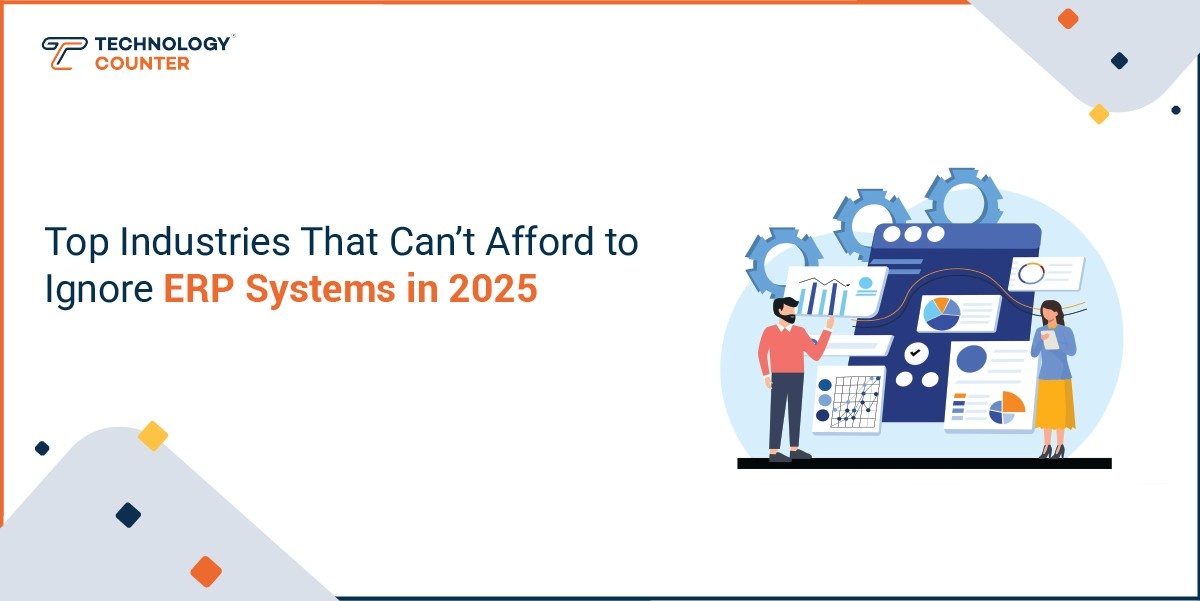

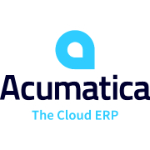

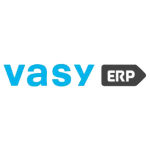


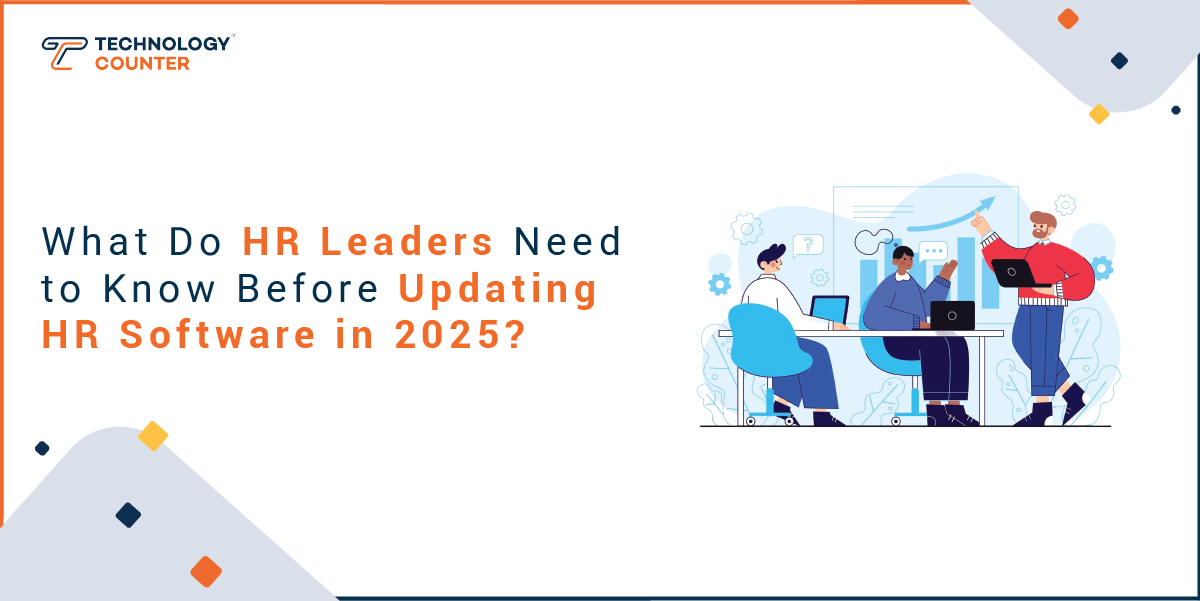
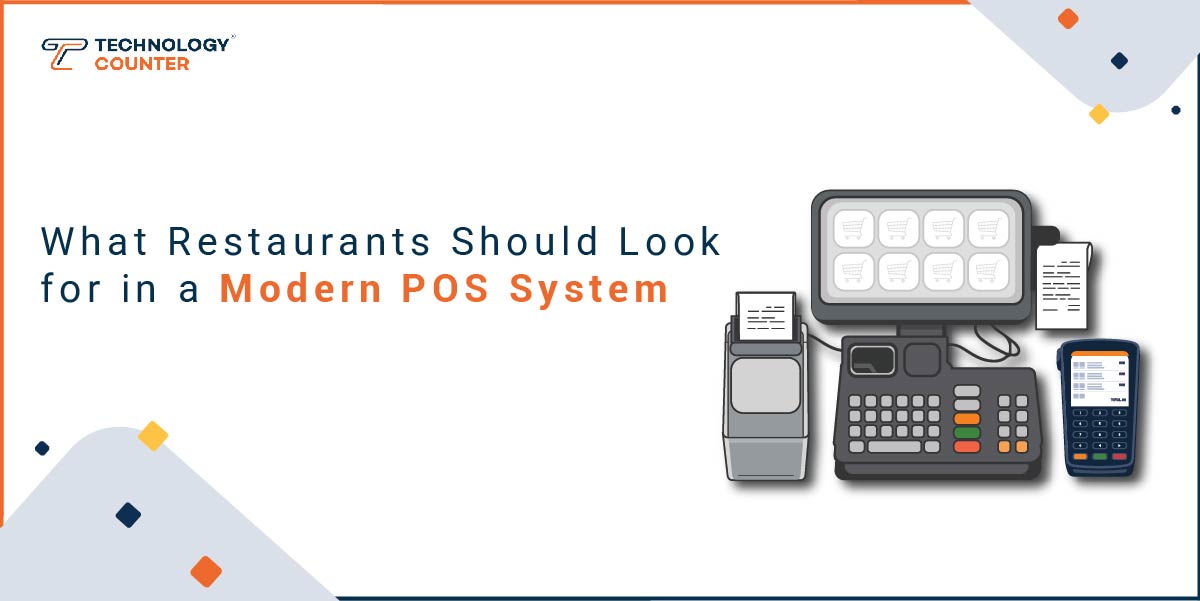
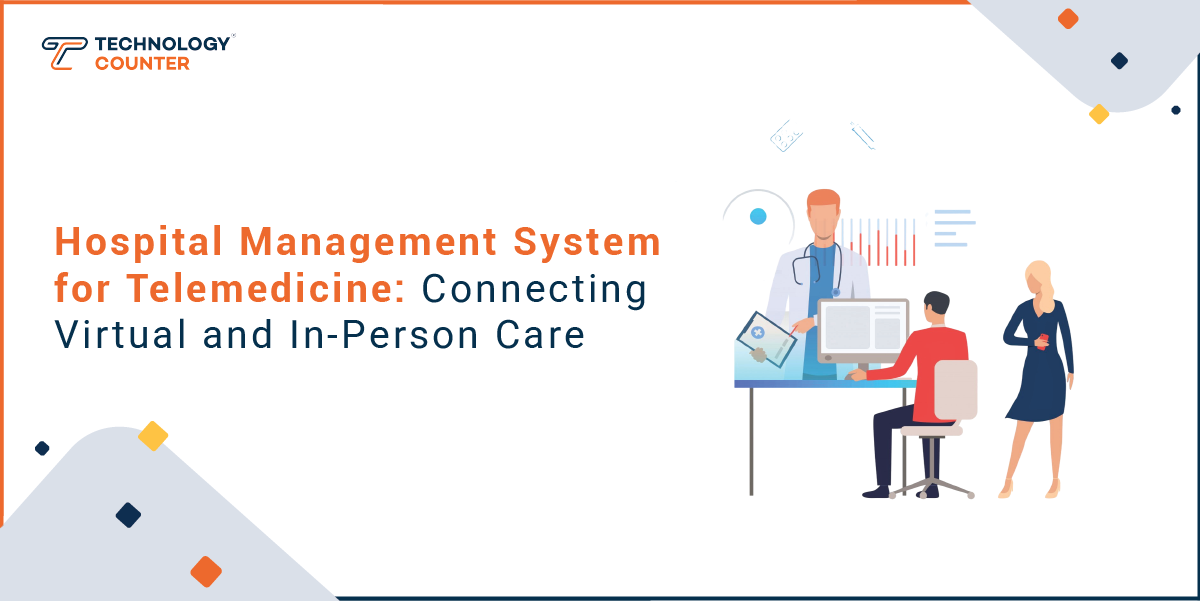
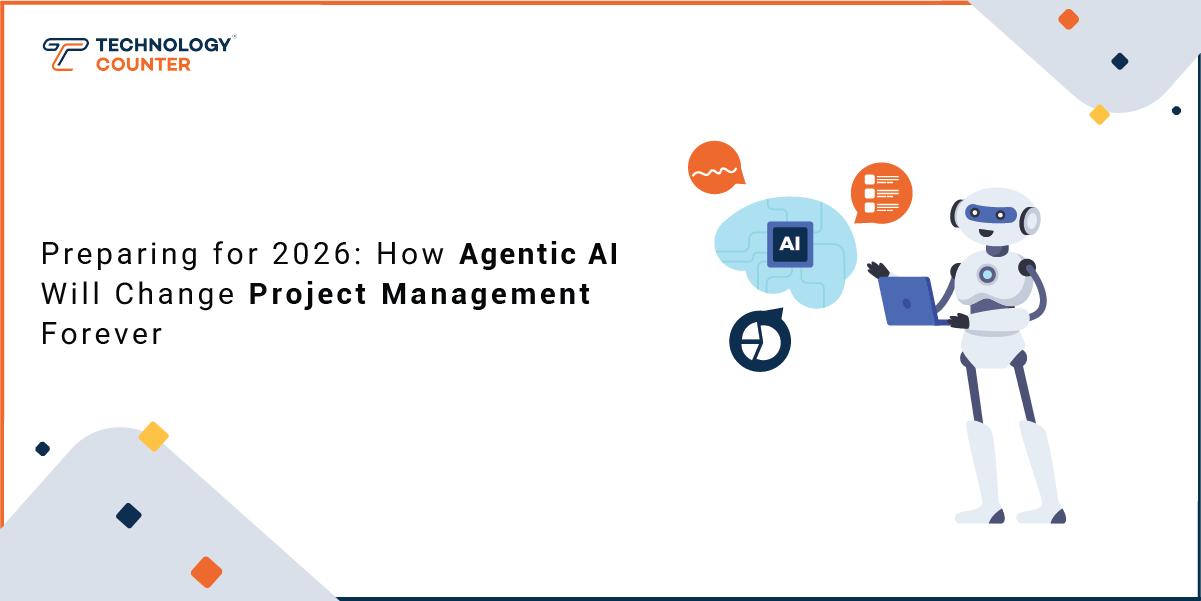
Post your comment